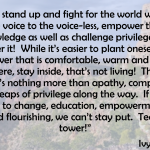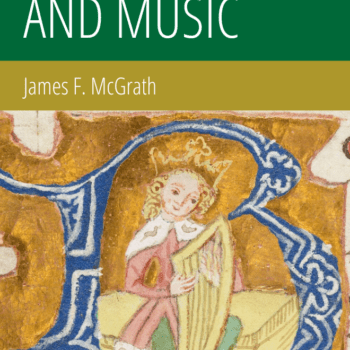
I’ve shared a number of these kinds of memes and infographics before, and so I thought that it was worth adding this one to the collection. This one is interesting because, without saying so explicitly, it nonetheless leads the reader to the conclusion that biblical literalism is an impossibility. It is impossible to know the relevant ancient languages as a native speaker. It is impossible to know the relevant ancient cultures as an insider. If the literal meaning of the Bible is what its earliest readers would have understood, then we can only approximate that at best.
This ought to humble the modern interpreter. And appropriately, the meaning of the Bible is clear enough even in translation, and read in a different cultural context, for us to grasp that humility is one of its major emphases.
That irony has long struck me. The “literal meaning of the Bible” clearly includes an emphasis on humility, as a response to the example of Jesus and the recognition of our inherent human limitations. And yet those who emphasize the “literal meaning of the Bible” tend to arrogantly insist that “the Bible says” exactly what they think it does – or rather, what they think it should.
And so, while I think we ought to stop referring to”biblical literalists” altogether, can we at least agree that a moratorium is called for on acknowledging anyone who lacks humility as a “biblical literalist”?
None of this negates the value of learning Hebrew, Aramaic, and Greek as well as we can, or the value of learning as much as we can about ancient cultures. I think the biggest blunders in these areas are made by American Christians who have never really learned another modern language to a high degree of fluency, nor lived in another culture long enough to either truly understand it, or have it challenge and relativize their own.
Perhaps a key to learning humility is to pursue those present-day experiences, and allow them to expand the horizons within which one reads the Bible and lives one’s life? American ethnocentrism and monolinguism are both causes and results of the arrogant (and anti-biblical) stance that thinks that one can master linguistic and cultural knowledge simply by consulting a phrasebook or concordance.
Perhaps in this era characterized by biblical illiteracy among self-proclaimed “biblical literalists” it will be study abroad rather than courses on the Bible or ancient languages that brings about the much-needed change of attitude…

















